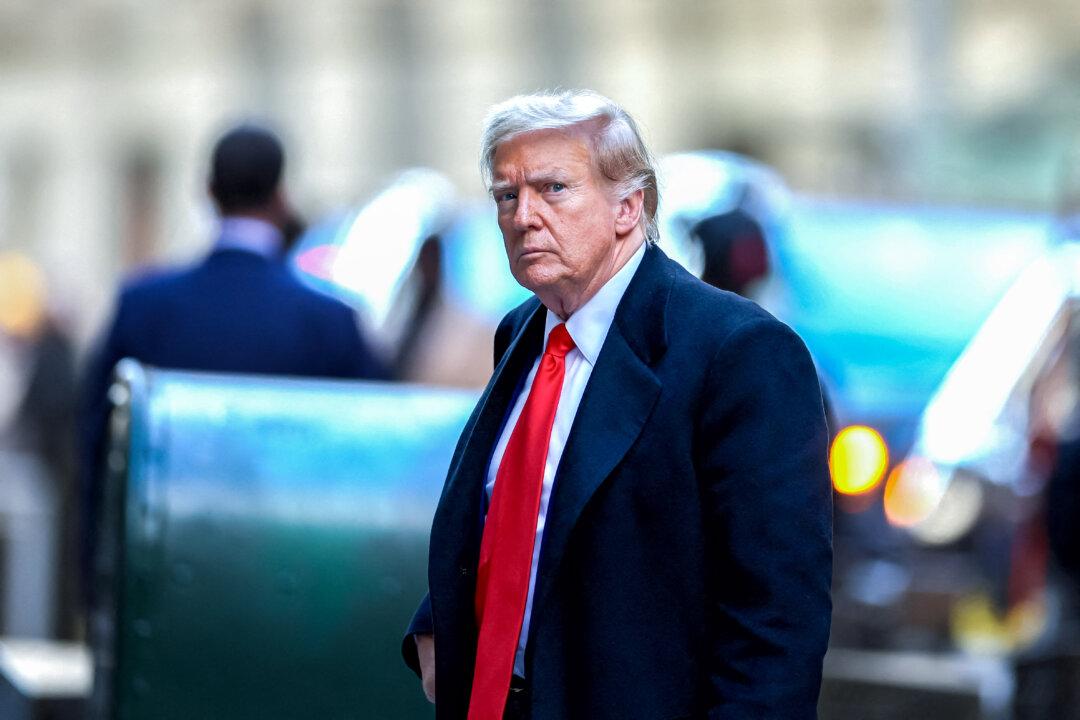A day after New York Supreme Court Justice Juan Merchan held a hearing regarding former President Donald Trump’s bid to delay or dismiss the “hush money” case against him, the judge issued a gag order on the candidate.
“The uncontested record reflecting the Defendant’s prior extrajudicial statements establishes a sufficient risk to the administration of justice,” the order reads, “and there exists no less restrictive means to prevent such risk.”





